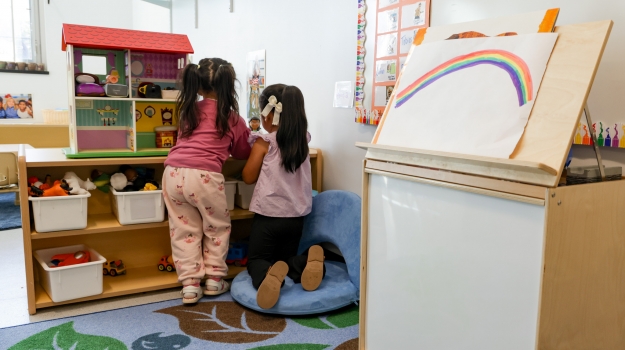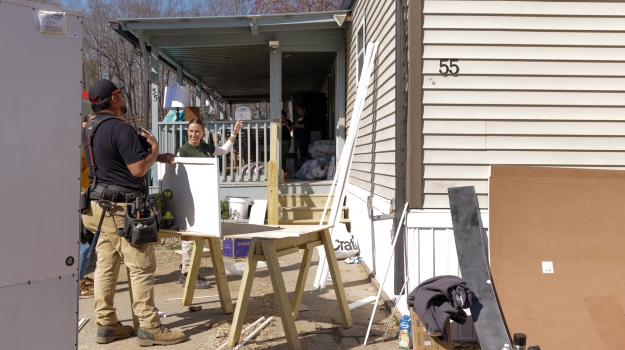If this is still the land of opportunity (and I surely hope it is), shouldn’t every young person have a chance to go to college? Even if we accept that not everyone is suited for a college education, how do we know when to make that determination? When they are in middle school? In 3rd grade? And who gets to decide? Teachers, parents, youth?
I imagine most of us know people who:
- Dropped out of high school and then went back and became doctors
- Got their GED and went to college after they raised their children and retired from their factory job
- Dropped out of college and went on to be successful business leaders
What these stories tell us is there is no set formula or straight path for college. People get there lots of different ways. Our task as adults in the community is to keep the door open to the opportunity to go to college.
But what about the cost of higher education?
The Asheville Citizen Times ran a USA Today article on 10/24/12 about the cost of college. Based on a report by economist Sandy Baum with the College Board Advocacy & Policy Center, two-thirds of all students receive some grant aid for college estimated at $5,750. If you deduct that amount from the tuition costs, the average annual price for public universities is $2,910, at private universities it is $13,380 and at community colleges it is all covered with $1,220 left over for other expenses.
Students and families are less likely to borrow money than in previous years; which makes sense when concerned about creating huge debt. State and Federal governments seem to be all over the place regarding support for higher education. Students depend on federal aid to offset some of the costs and public universities and community colleges depend on state support to subsidize their work. But such aid and support is being challenged as elected officials wrangle with lower revenues and higher expenses.
So what’s the value of a college education?
There are obvious advantages to having a degree in most fields of work. Primarily it leads to higher salaries and paths to advancement in a profession. College graduates will earn over their lifetime $1,000,000 more than those with a high school diploma. Just look at unemployment rates by education: 4.4% college education, 10.8% high school diploma, and 15.5% for less that high school!
And here are some more subtle plusses: people with college degrees are healthier and the community they live in is better off in numerous ways.
Health: The Buncombe County Health Assessment in 2010 found a strong connection between health status and education level. In fact, one of their recommendations is to increase the readiness of all students to learn and succeed in school. A long term impact goal is to increase the percent of students attending post-high school education. The North Carolina Network of Grantmakers reported that their research shows that more educated people are more likely to:
• Earn higher wages and enjoy better working conditions, vacation time, and health insurance
• Have a spouse or partner who earns more income and has a better job
• Raise children who are healthier, do better in school, and eventually have better jobs and higher income
• Live longer and enjoy better physical and mental health
Community: A fun tool to try is http://www.measureofamerica.org/forecaster/ You can pick a part of the country, change the current education level to increase the number of people with college degrees and see how it affects the income, health and civic engagement segments of that same community. For example, for Buncombe County, if 50% of residents completed college and 45% had some college or an associate degree: murders drop from 6.1% to 3.1%, poverty drops from 10.9 to 7.6 %, life expectancy grows from 77.7 years to 79.3 years, and 78.8% of the community votes in elections – up by 10.6%. All that just because people got more education! It’s another way to see that what happens to people matters to all of us.
I see many reasons to encourage people to go to college.
They have more interesting job options. Their earnings, their health, their families have better results. Their community is stronger. And consider this: the cost to the community of one youth spending one year in prison is $102,854.versus $19,130 for tuition at a private university. Which one is the better investment in young people?
Let’s not take college off the table as an option for youth in our community. Let’s support families’ efforts to send their children to college. Let’s tell public officials that this is important for the reasons noted above and more. Let’s build our community by supporting education through high school and beyond.


